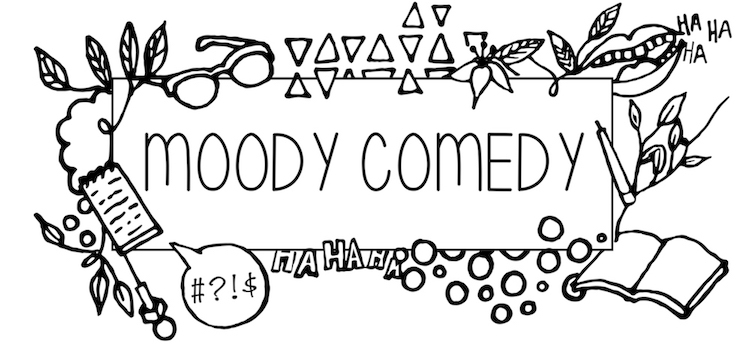The king of voiceovers, the prize idiot, the most unsuccessful actor ever to grace our television screens: Steven Toast is back.
Matt Berry is a true talent who has proved he is able to play a huge variety of different roles, but each character always has that signature Berry-style about them, and that’s what makes him so enjoyable to watch. Series two comes armed with recurring jokes from the first series, with appearances from Ray “Bloody” Purchase and regular and consistently awkward conversations with the delightfully irritating Clem Fandango.
Steven Toast has an air of self-importance and a clear sense of disgust and disregard for anyone else, despite him often being the one portrayed as the fool in a wonderful example of dramatic irony. This dramatic irony is what makes the series so entertaining and even painful to watch in some places; Toast is an arrogant cretin who says and does the most terrible things, yet the joke is always on him.
With its offbeat storylines accompanied by incredible and hilarious musical interludes (written and performed by Berry), Toast Of London is peculiar, rapidly changing and absolutely outrageous. The stable and sarcastic character of Ed Howzer-Black (Robert Bathurst) compliments Toast’s childish pedantry brilliantly, with his dead-pan delivery of such horrendous lines. As well as Bathurst, Doon Mackichan is a delight to watch, playing Toast’s agent, Jane Pleugh. Mr Pleugh gets the limelight in one of my favourite scenes of the series, her incredibly funny acid trip in episode four (“High Winds Actor”). The new instalment of Toast Of London also includes appearances from the likes of Peter Davison (Doctor Who), Matthew Holness (Garth Marenghi’s Darkplace), Morgana Robinson (House of Fools), Steve Pemberton (The League of Gentlement) and Terry Mynott (The Mimic).
Toast of London has been accused by some of being sexist but surely it is satirical. Steven Toast is a man that we aren’t supposed to really like. He’s a moron; an egotistical snob who’s career really isn’t going anywhere. The show is often uncomfortable and intentionally distasteful, smooth to the extent that the sarcasm can be missed, to the point that watchers may be inclined to look away from the screen or cover their ears. My reading, however, is a positive one. Many parts of the show I found unnecessary, such as the sheer amount of nudity in every episode, as I generally don’t think a good comedy needs to hide behind crude references in order to be funny; Toast could do without it, though it’s likely that this aspect is relied upon for Toast’s own character development.
The second series of Toast of London has taught me a lot about my own taste in comedy, and the more I think about the programme, the more I realise how much I enjoyed watching it.
